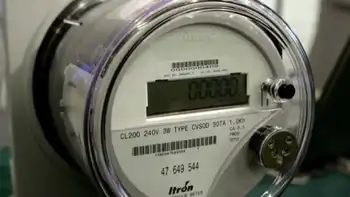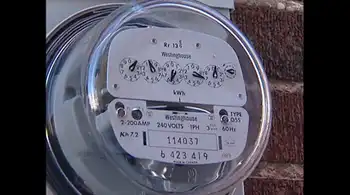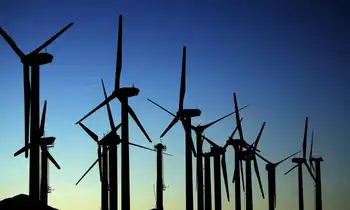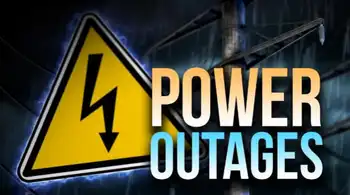Brazil forges ahead with new nuclear plant
Now Brazil is looking to distinguish itself by stepping up its efforts to cultivate a different kind of alternative energy - nuclear power. With strong interest in nuclear power in the U.S. culminating in the first new plant application in 30 years and other countries including Britain, France, and Canada strongly supporting new nuclear efforts, it is a bright time for the technology. New designs have helped to create safer plants that can even withstand the brunt of an earthquake.
In Brazil work has resumed on the country's soon to be third nuclear plant. The plant, built by Electronuclear, is named Angra 3 and is located near popular tourist destination Rio de Janeiro. Construction on the plant had been stalled for 22 years based on financial insolvency and political problems.
Brazil's president Luiz Ignacio Lula da Silva hopes to strengthen his country's alternative energy leadership by resuming the development.
Leonam Guimaraes, an Electronuclear spokesman, lauded the President's decision, stating, "Things have changed a lot, and today it's clearer to everyone that nuclear energy has a role to play in the Brazilian electrical system, just like the other forms of producing electricity, which can't be dismissed."
According to the U.S. Department of Energy Brazil is the third largest consumer of electric energy in the Western Hemisphere alone, behind only Canada and the U.S. Metrics from the International Atomic Energy Agency (IAEA) indicate that Brazil's two current nuclear provide the country with three percent of its energy.
This lags behind other Western Hemisphere country's nuclear holdings. Countries with larger nuclear operations include Mexico (where nuclear power generates five percent of electricity), Argentina (seven percent), Canada (16 percent) and the United States (19 percent), according to the IAEA. Worldwide, France leads the international community in the strongest nuclear effort with 78 percent of its power provided by nuclear. It is followed by Lithuania (72 percent), Slovakia (57 percent) and Belgium (54 percent).
Brazil's first two reactors first went online in 1985 and 2000. The pair provides half of the Rio de Janeiro projects electrical power according to the Electronuclear. The company plans to restart construction in February and hopes to have the plant operational by 2014, when Brazil will host the FIFA World Cup soccer tournament.
Thus far, opposition from environmental agencies has not been a major roadblock. Many environmental agencies have expressed concerns that Electronuclear may be choose to continue to build an aging plant design, as opposed to adopting more safer, more efficient modern designs used in countries like Japan and France. They also have criticized that there's little in the way of a safety plan in case of accidental discharge of nuclear radiation.
The Brazilian government is trying to quell these fears and enforce some standards, as well as generating local good will, by setting 60 conditions that Electronuclear has to satisfy in order to continue development. The plant must work with the Ministry of Health's Fiocruz department to conduct studies on the health effects of the low dose radiation emitted from Brazil's plants on the local populous. It must also work out a 'definite' solution for the storage of high-level radioactive waste.
Other provisions are less related to plant safety and are intended to win over locals. Among these conditions are that the company will invest $31 million (US) in the beautification of Angra dos Reia and Parat, two nearby cities. It will also take up the maintenance costs of the Tamois Ecological Station and the 100,000 hectare Serra da Bocaina national park.
Electronuclear must meet the conditions in order to forge ahead. Thus far it seems to have indicated that it is going to. How the formerly financially troubled company is funding the effort remains unknown, though it is likely subsidized in part by Brazil's government.
Related News

Survivors of deadly tornadoes may go weeks without heat, water, electricity, Kentucky officials say
DAWSON SPRINGS, KY - Residents of Kentucky counties where tornadoes killed several dozen people could be without heat, water or electricity in frigid temperatures for weeks or longer, state officials warned Monday, as the toll of damage and deaths came into clearer focus in five states slammed by the swarm of twisters.
Authorities are still tallying the devastation from Friday's storms, though they believe the death toll will be lower than initially feared since it appeared many more people escaped a candle factory in Mayfield, Ky., than first thought.
At least 88 people — including 74 in Kentucky — were killed by…





